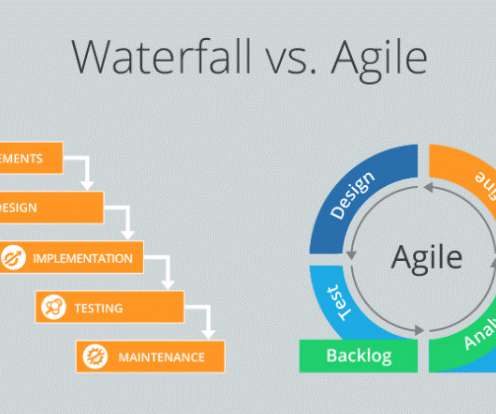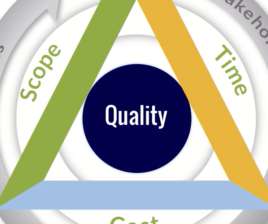Top 10 Project Management Methodologies – An Overview
ProjectManager.com
NOVEMBER 22, 2021
Related: Agile vs Waterfall and the Rise of Hybrid Projects. Scrum Methodology. What It Is: Scrum is a short “sprint” approach to managing projects. The scrum methodology is It’s ideal for teams of no more than 10 people, and often is wedded to two-week cycles with short daily meetings, known as daily scrum meetings.














Let's personalize your content